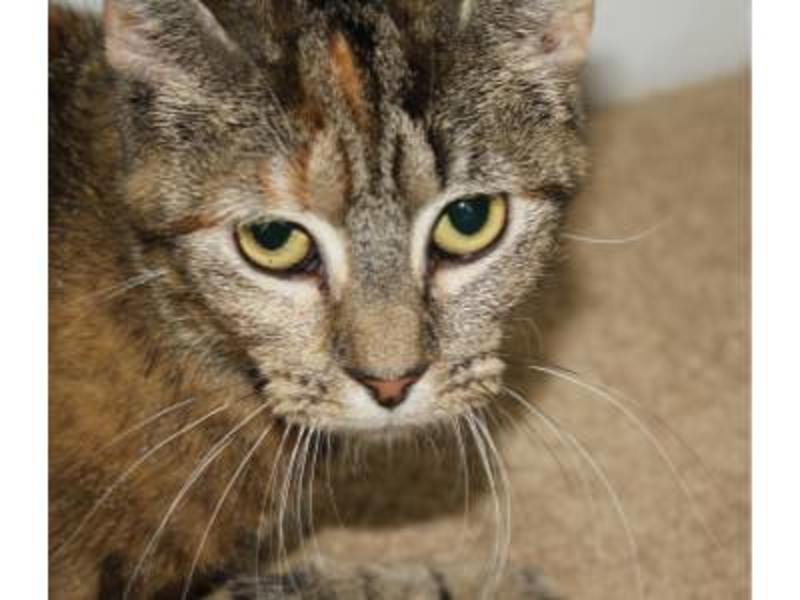Like humans there are many health issues that are caused by obesity. Any current medical conditions can also be made worse by obesity. Pet obesity is on the rise in the UK and it is important that owners are encouraged to stop overfeeding and under-exercising their pets. #
That said it can be difficult to get started on a weight loss program for your pet if you know they are overweight and maintaining a suitable program without help. You are certainly not alone, our consulting nurses are here to help, just ring us on 01376 325511 for advice.
What health issues does obesity cause?
Our overweight pets can suffer from conditions such as osteoarthritis, cardiovascular disease and diabetes. There is nothing cuddly about an overweight pet and obesity should be treated as a disease in itself. The discomfort it causes and illness it brings can result in emotional distress and financial pressure for owners. It has also been proven to reduce the pet’s actual life length. Obesity also increases the risk of complications if they need procedures that involve an anaesthetic.
What is the best way to stop obesity?
The first thing to do is make sure your pet is on the right diet and receiving the recommended amount of food – common sense, but ignoring the recommendations on the food packaging can easily cause your pet to put on weight. The rule is to follow the feeding guide, but remember this is a guide. Every individual has different metabolic needs and therefore your pet might require less food than the feeding guide. Take and record your pets weight.
Keep a visual check on them, following Royal Canin's body condition scoring charts - click her for dogs or cats. These diagrams will give you an idea of what you should be looking for.
Feeding left over human food and insufficient exercise (this can be across the species) needs to ideally be avoided. If you have to give any human food so this, no more than an occasional treat.
Follow these tips :
- Only feed treats occasionally
- If giving treats, e.g. as rewards for training, cut down their food for the day by a similar amount. Consider healthy options like vegetables, but make sure to avoid fatty and sometimes toxic foods , e.g. chocolate, onions and grapes (and any derivatives of grapes such as raisins / sultanas etc.)
- Use the feeding guidelines on the food packaging, but as a maximum guide
- Take and record your pets weight regularly.
- Where there is a life stage diet available, (e.g. puppy, teenagers, adults or senior pet!) consider feeding these instead, like humans their nutritional needs change over their lifetime.
- Make sure your pet receives the regular daily exercise to keep them fit, so they will use the energy you are providing in their food! You may have to be more creative with some pets when it comes to encouraging exercise e.g. rabbits or caged birds
Does neutering cause obesity?
Yes. It should be remembered that once a pet has been neutered their nutritional requirements change, their metabolism slows down and they are more prone to putting on weight which becomes difficult to shift. The amount of food they need to eat needs to be reduced. There are specific diets available for dogs and cats to address this.
The next step?
If you think your pet is overweight then book a free appointment to see one of our consulting nurses. They can help you and your pet achieve and maintain its optimum weight by giving you the right advice and support. You don’t need to do this alone.

